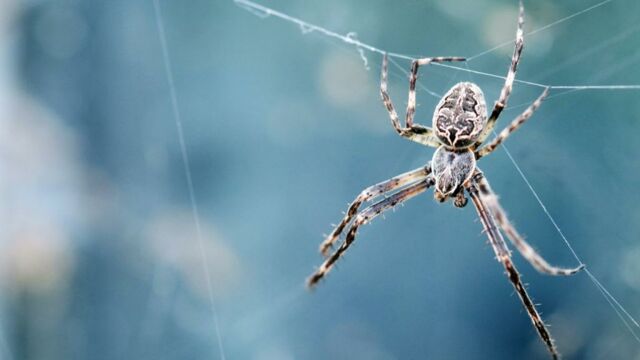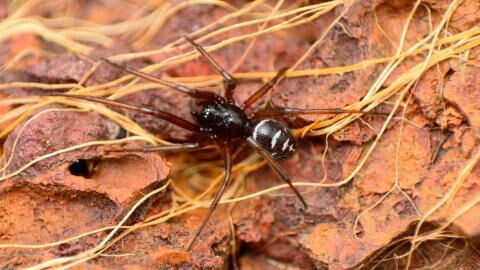September is the season of love for spiders, and they’ll be coming out of the shadows in search of a mate to, well, mate with. This may be an exciting time for these critters, but we can’t say the same for us human-folk.
Discover our latest podcast
Beware of spiders
Your house may not be completely spider-free at the moment, as these arachnids always find a home in the nooks and crannies of every living space. However, they seldom come out and interrupt our day-to-day life. Female spiders are especially known to stay put in one place.
During autumn, females will continue to rest in their usual spot, but it’s the males that will be crawling about your house on their treasure hunt for love. According to the School of Bugs, the mating period begins in September and goes on through October.
It may sound rather Disneyesque to think of two spiders falling in love, but you’ll realise it’s far from a cute love story as soon as you see the size of some of these eight-legged creatures.

Leading ecologist, Dr. Chris Terrell-Nield of Nottingham Trent University explained:
The spider that is coming into houses at the moment is the house spider and it is one of Britain's biggest spiders.
The males are up to 10cm across the leg span and can be the size of your hand—that is the top range but it can be two thirds of that size.
The size is down to how much they have eaten. They are not dangerous but they can give you a nip.
Last year, when in conversation with BBC, entomologist and author Richard Jones said that 'even the cleanest, smallest house will have a good 20 to 40 spiders.'
How to protect your house from spider season
If you see a male spider scuttling across your kitchen counter, there’s very little to be worried about since they’re pretty much harmless. However, we understand that can be unsettling, so there are a few ways you can protect your home from getting infested with the not-so-tiny creatures.
School of Bug suggests making your home as clean and tidy as possible. Spiders love taking cover under all sorts of things around the house, so try to get rid of all potential hiding places. They also recommend that you take out all visible spiderwebs, which are probably housing female spiders. If there are no female spiders, no males will intrude either.















